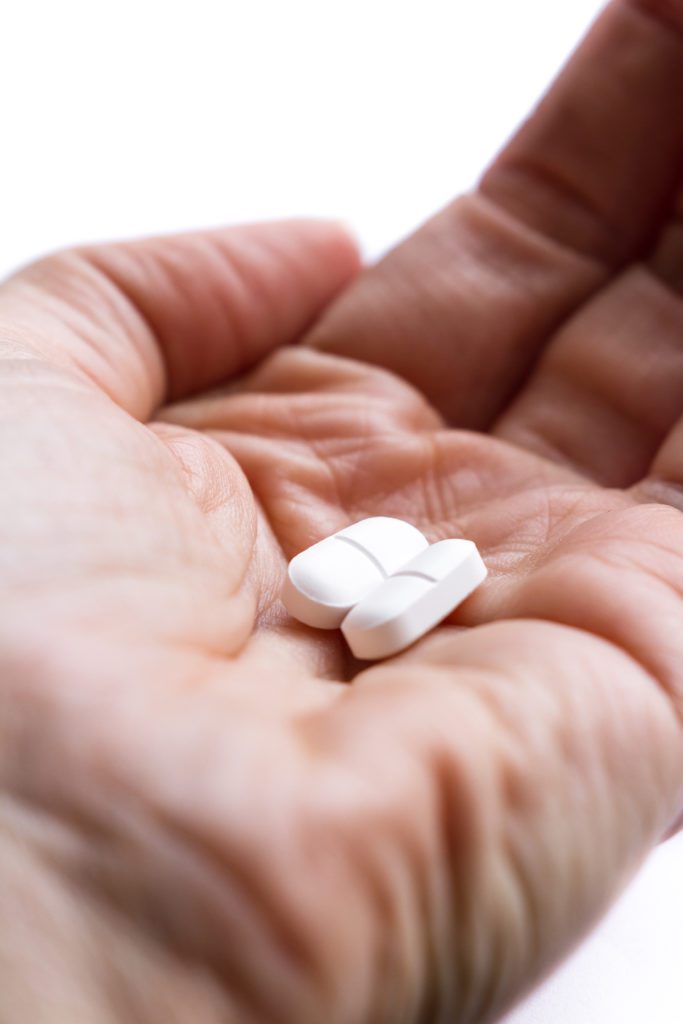Opioid withdrawal can be a life-threatening condition that occurs whenever opioid addicts suddenly reduce the amount of opioids in their system. If you are undergoing signs of opioid withdrawal, it’s important to seek out medical attention as a result.
So you know what to expect during this time, it’s important to know what are symptoms of opioid withdrawal. In this article, we are going to go over the signs of opioid withdrawal and walk you through what to do when you need medical attention. Keep reading to learn this and more.
What Are the Symptoms of Opioid Withdrawal?
Each individual undergoes opioid withdrawal differently. Factors such as how much of the substances in the user system or how long they have been taking the drug impact the exact experience. Even so, there are some common symptoms to look out for during opioid withdrawals.
Some of the most common signs and symptoms of opioid withdrawal include:
- Increased body temperature.
- Diarrhea.
- Sweating.
- Chills.
- Anxiety.
- High blood pressure.
- Racing heart.
- Nausea and vomiting.
- Insomnia.
- Muscle and bone pain.
If you or a loved one is a known opioid user and is undergoing the above symptoms after stopping the use of the drug, you are likely undergoing opioid withdrawal. It’s important to see a medical professional to ensure that the withdrawal is completed safely and effectively.
Keep in mind that symptoms will also vary if you have additional substances in your system. For example, individuals who suffer from opioid addiction often suffer from alcohol addiction. If you are addicted to both, you will experience withdrawal symptoms for both, and the symptoms will be slightly different.
What to Expect from Opioid Withdrawal
For many opioid users, symptoms of withdrawal begin between 8 and 24 hours after the last use. Often, the symptoms peak 48 to 72 hours after the last use. About four to 10 days after, the symptoms begin to subside and eventually stop.
You can actually track your progress during opioid withdrawal by looking at your symptoms and phase. Opioid withdrawals are typically separated into two phases. In the initial phase, you will experience craving, restlessness, insomnia, and other minor symptoms. During the second phase, the symptoms will become more intense, and they often include cramps, high blood pressure, dilated pupils, and rapid heartbeat.
Short vs Long Acting Opioids
It’s important to note that the exact substance in your system will impact the withdrawal process. Withdrawing from short-acting opioids rarely lasts more than 10 days, but long-acting opioids can cause symptoms to remain more than 14 days after the last use.
In severe cases, individuals can experience lingering symptoms for more than 14 days. This is typically called post acute withdrawal symptoms. Post acute withdrawal symptoms can be managed with the help of medical professionals.
What to Do If You Show Symptoms of Opioid Withdrawal
If you are beginning to show symptoms of opioid withdrawal, it means you need to get help fast. Opioid withdrawal only occurs whenever you are dependent on the substance. Dependence is harmful to yourself and those around you. The withdrawal process is also dangerous. In extreme cases, it can be fatal.
To ensure you safely detox from opioids, it’s best to always undergo medically supervised detox. Medical detoxification allows you to detox safely under the supervision of medical professionals. Medical professionals will make the process as comfortable as possible and ensure your recovery begins on the right foot.
If you are looking for a medical detox in your area, contact Veritas Detox today. Veritas Detox offers medical detoxification for opioid users. Contact us today at 866-237-6297 for more information.





